
By Brook Manville Finding new sources of inspiration and creative ideas is easier said than done—mandates to just “start thinking outside the box” are hardly the answer.

By Brook Manville Finding new sources of inspiration and creative ideas is easier said than done—mandates to just “start thinking outside the box” are hardly the answer.
By Ed Rogers Ed Rogers, chief knowledge officer for the Goddard Space Flight Center, recently sat down with two center directors—Rob Strain of Goddard and Lesa Roe of Langley Research Center.

By Nicholas L. Johnson Like most technological advancements, the space age has left a sea of refuse in its wake.
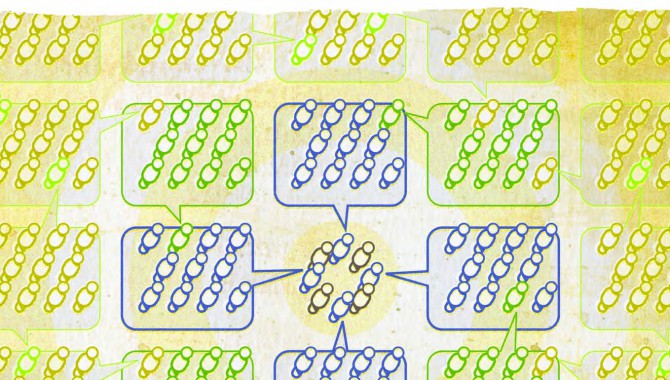
By Jean Engle and Brent Fontenot In the fall of 2006, Center Director Michael Coats created the new position of chief knowledge officer at the Johnson Space Center.
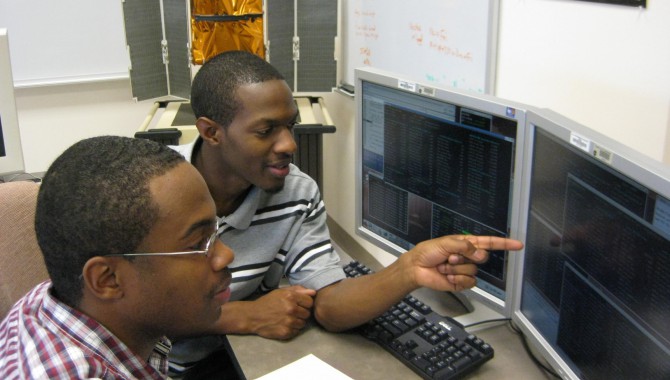
By Leigh Gatto and Todd Watson A yellow caution flag pops up on the monitor with the message, “Battery Voltage to Temperature Ratio Is Out of Limits!”
By Laurence Prusak During the late 1930s, several researchers working on the West Coast noticed something interesting occurring during the manufacturing of aircraft bodies.
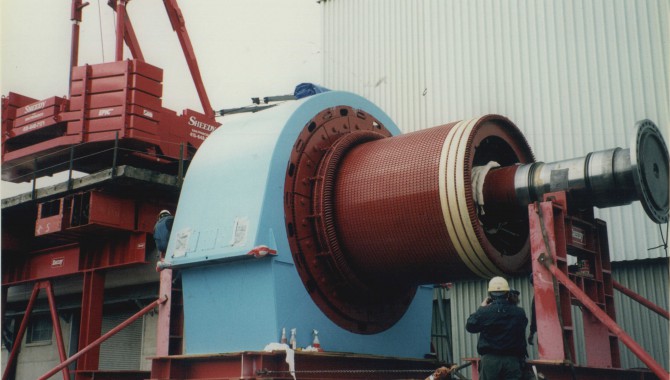
By Michael Ospring Three years after a catastrophic accident at the National Full-Scale Aerodynamic Facility, the large wind tunnel at Ames Research Center, it was time for a second unplanned shutdown.
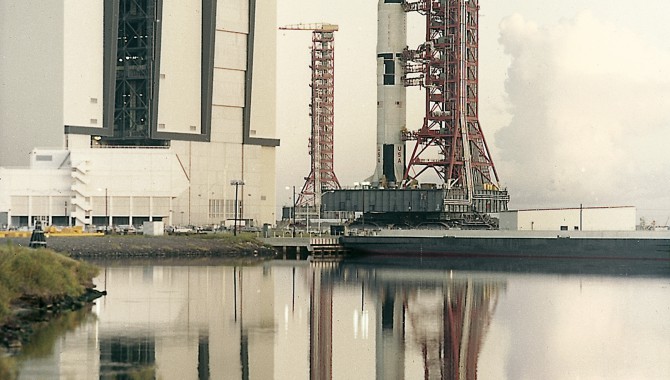
As told to Tracy McMahan and Matthew Kohut by Phil Sumrall This story draws extensively from a September 2007 interview with Ares Projects Oral Historian Tracy McMahan as well as a December 2009 interview with ASK Contributing Editor Matthew Kohut.
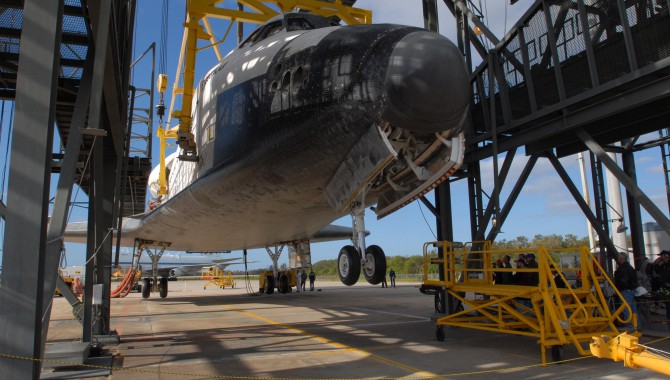
By Matthew Kohut and Don Cohen As its name suggests, a Flight Readiness Review, or FRR, gives teams responsible for various elements of a NASA flight mission an opportunity to ensure technical questions raised at earlier reviews have been adequately dealt with and to raise concerns about anything else that might affect mission success.